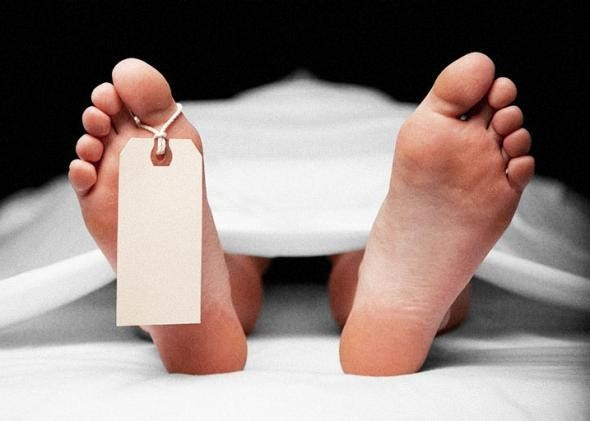With 91,472 COVID-19 cases and 5,806 deaths, Iran is one of the worst coronavirus affected middle-eastern nation. A regime often accused of lack of transparency, an economy that is reeling under economic sanctions and health infrastructure that has been crippled due to the poor economic situation, has left several Iranians fending for remedies to protect themselves from novel coronavirus.
Hundreds of Iranians have died of alcohol poisoning, since February, under the wrong impression that alcohol will protect them from contracting the deadly virus.
Over 700 Iranians die of alcohol poisoning

As many as 728 Iranians have died of alcohol poisoning, between February 20 and April 7, the national coroner's authority said on Monday, April 27. This is 11 times more than the total number of alcohol poisoning fatalities, reported last year.
Separately, the Iranian health ministry spokesman, Kianoush Jahanpour said that 525 people died after drinking toxic methanol, since February 20. Giving a reason for the difference between the death tally, Hossein Hassanian, an adviser to the health ministry said that the difference is because some alcohol poisoning victims died outside of the hospital. "Some 200 people died outside of hospitals," Hassanian told Associated Press.
A total of 5,011 Iranians had been poisoned after ingesting methanol, Jahanpour said. Some 90 people lost their eye-sight or suffered severe eye damage, however, Hassanian said that the final tally of people who lost their eyesight could be much higher.
How is toxic methanol sold as drinkable in Iran?
In Iran, the government mandates manufacturers of toxic methanol to add artificial colour to their products so the public can tell it apart from ethanol, the kind of alcohol used in disinfectants. However, some alcohol manufacturers and distributors add bleach to it, to mask the added colour and later sell it as drinkable. Ingestion of methanol causes delayed organ and brain damage. It causes chest pain, nausea, hyperventilation, blindness and even coma.
The consumption of alcoholic beverages is largely outlawed in deeply-conservative Iran. However, minority communities, such as Christians, Jews and Zoroastrians, consume it in private.









